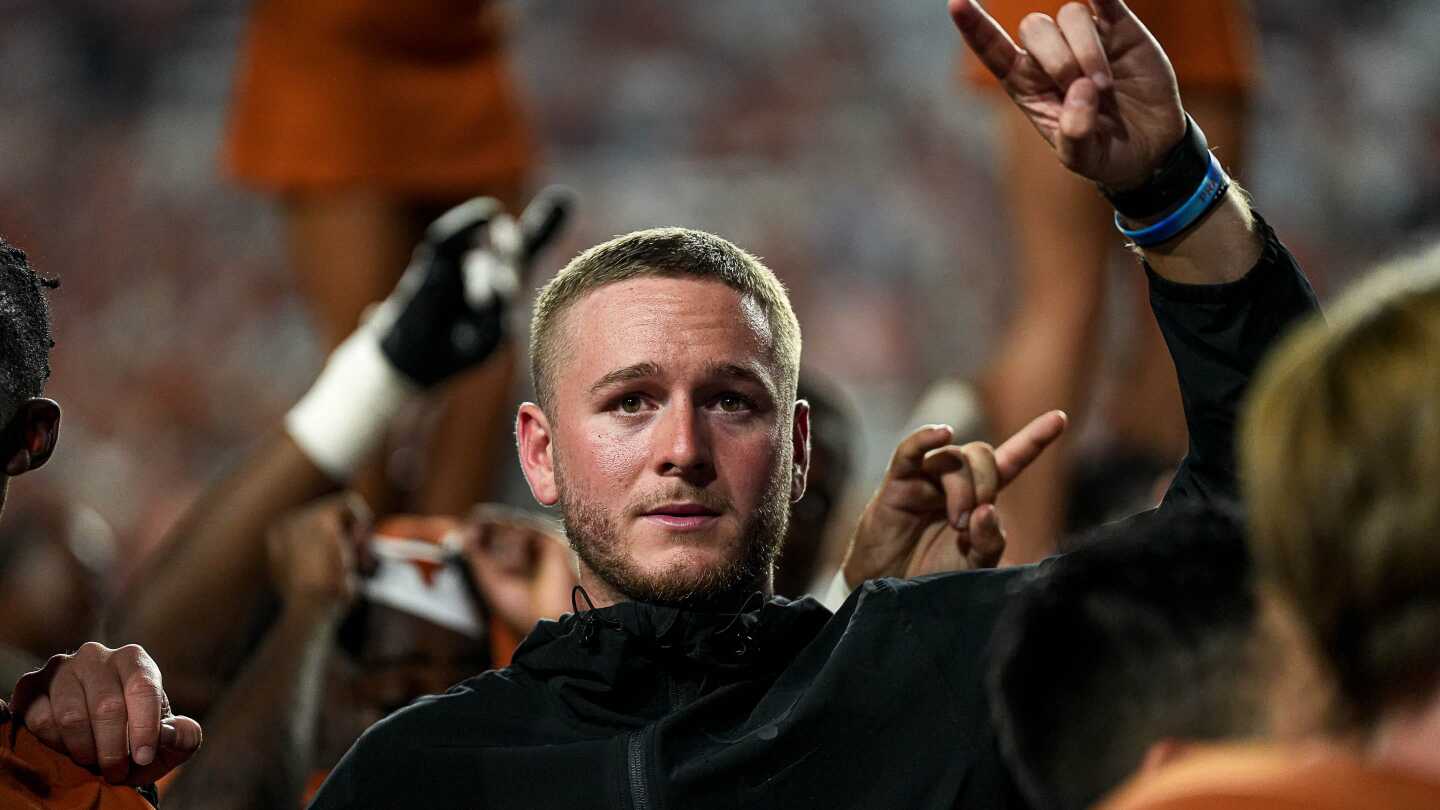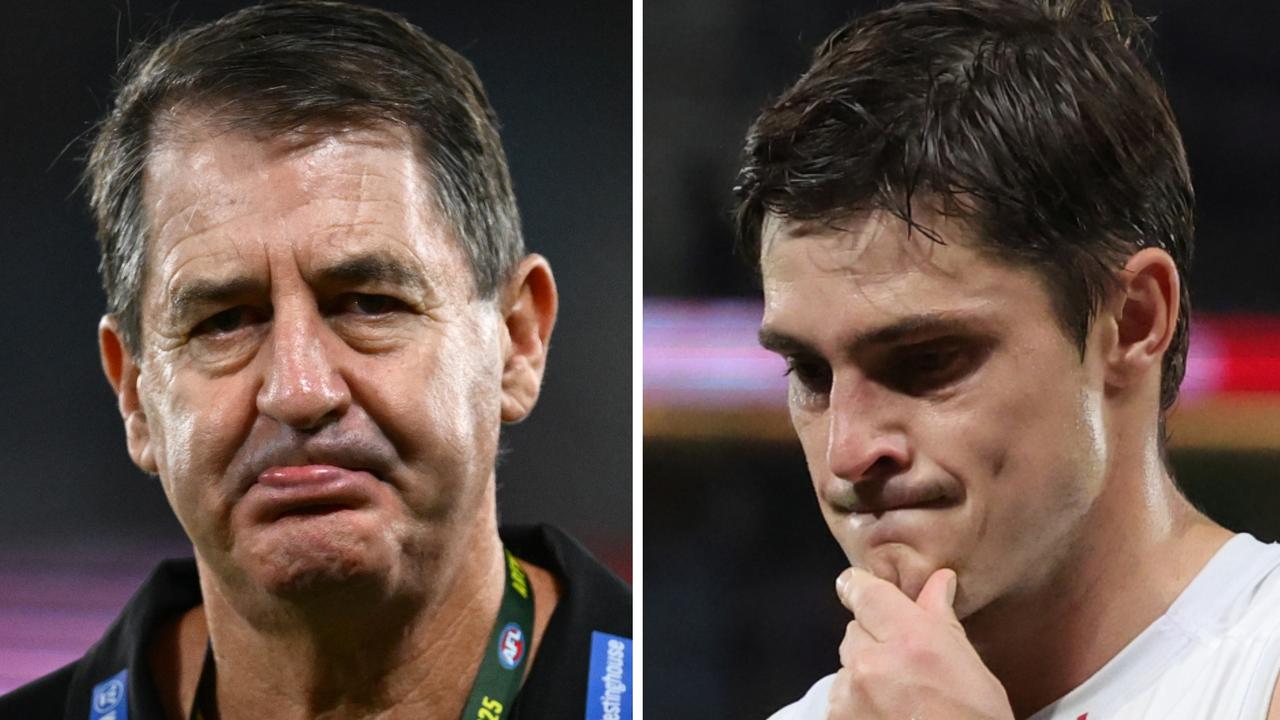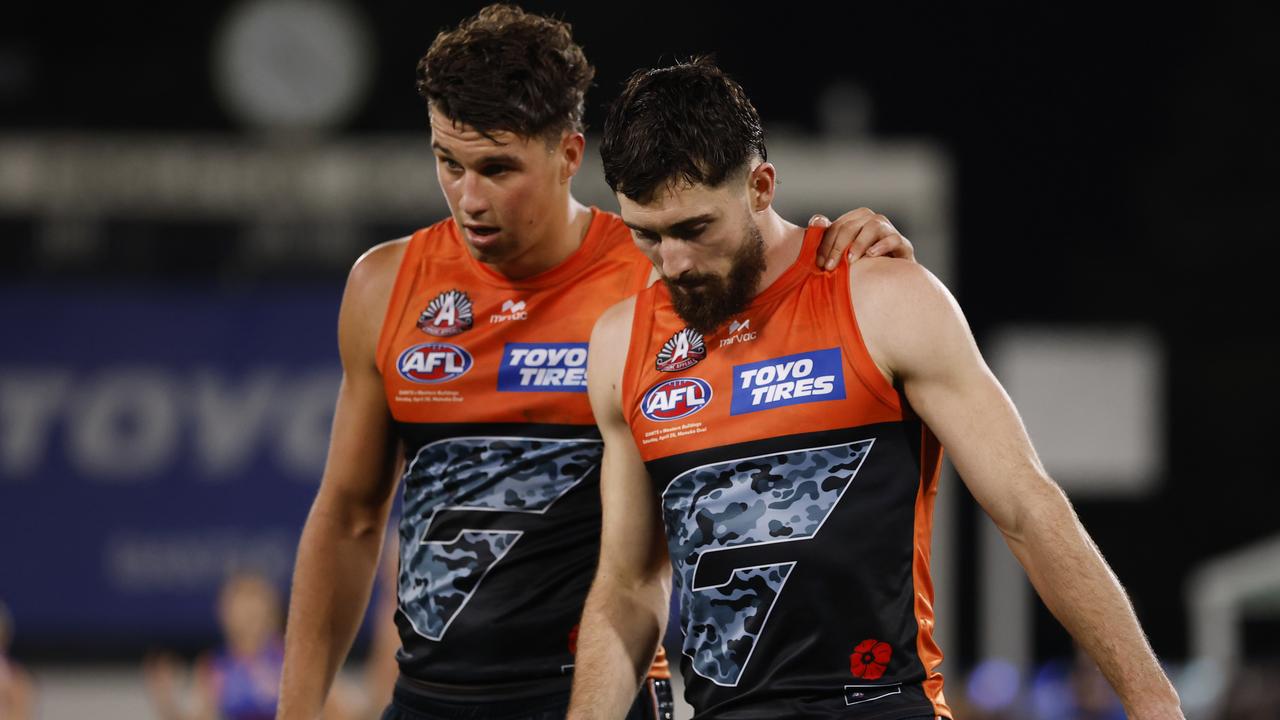Quinn Ewers will not try to return to college football

As quarterback Shedeur Sanders slid through round two and three of the draft, the question of whether he should try to return to college football for another year caught fire. There’s another player to whom that question is relevant — quarterback Quinn Ewers.Per a source with knowledge of the situation, Ewers will not be attempting to return to college football for another season.He left at least $4 million on the table by entering the draft and not transferring to Miami. He could have made, we’re told, up to $8 million. (Notre Dame was also interested; it’s unclear what the Irish would have paid.)Instead, Ewers will get a slotted contract as the 231st pick in the draft. The player taken in that spot a year ago (Patriots tight end Jaheim Bell) signed a four-year, $4.126 million deal, which included a signing bonus of $108,740.Ewers will get something in that same ballpark. Which means that his four-year haul from the Dolphins will be not much more than what he would have made in one more year of college football.There’s no guarantee he could return to college football. He’d have to hire a lawyer and challenge the rule that eliminates remaining eligibility for any player who enters the draft. While it seems to be the same kind of antitrust violation that has gutted the NCAA rulebook, it wouldn’t be a slam dunk. And the Dolphins might not be thrilled if he waits to sign his rookie deal until the litigation is resolved.Regardless of whether Ewers will or won’t challenge the rule (and, again, he won’t), there’s another problem with the NCAA’s current procedures. The January transfer portal opens during the college football playoffs. It’s like having free agency during the NFL postseason.It put Ewers in a tough spot. When the Longhorns finally lost in the semifinals, he had four days to pick a new program. He decided instead to go to the NFL.Would he have made a different decision if he had more time to decompress from the season and conduct a more deliberate analysis? Maybe. Maybe not. But it’s an issue that the NCAA needs to address. Players facing the choice between transferring to a new school or going to the NFL need a full and fair chance to gather information and make the best possible decision.More broadly, they also should be able to return to play college football, until the moment they sign a rookie contract.




.jpg)







